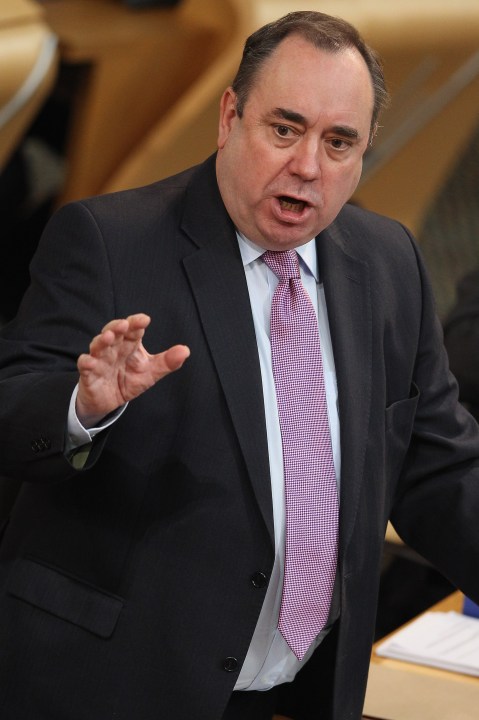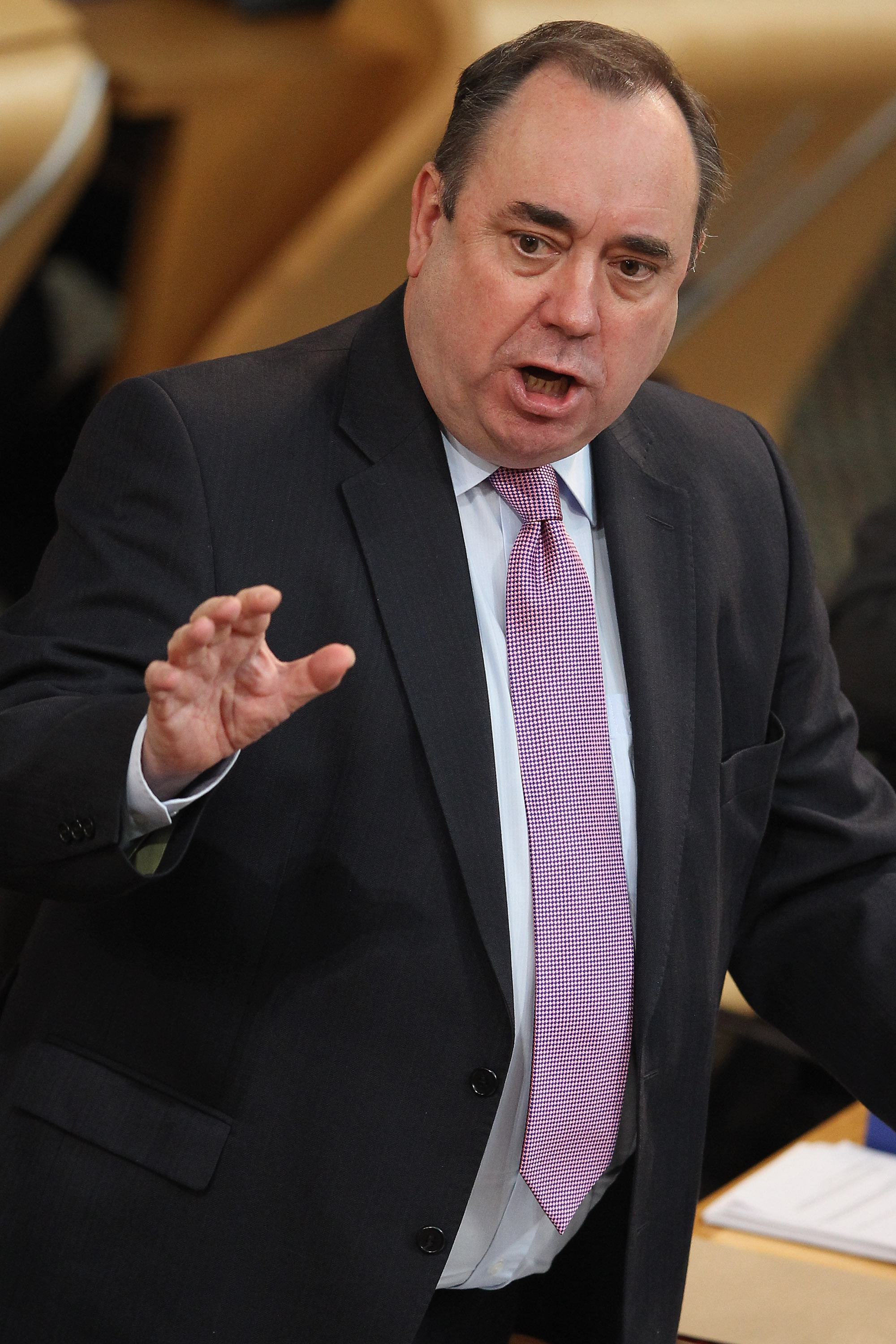So now we have it: the ten words which Alex Salmond hopes will end Scotland’s 300-year-old membership of the United Kingdom. ‘Do you agree that Scotland should be an independent country?’
The First Minister unveiled his consultation paper on an independence referendum today and, to the surprise of many, actually did what David Cameron has been asking of him. He came out with a short, simple, clear question on independence which he wants to put on the ballot paper.
The debate will now rage as to whether this question is fair (is it, for example, too positive? Should it perhaps include something about the United Kingdom?), but this does mark a fairly big step on the road towards agreement.
Both the UK Government and the Scottish Government have now (pretty much) agreed on the date. Yes, Mr Cameron reiterated his view today at PMQs that the referendum should be held sooner, but privately, the UK Government are willing to concede on the autumn of 2014.
Then we have the Electoral Commission. Mr Salmond also announced today that he was willing to let the commission oversee the referendum. And he also added — crucially — that they would be able to assess, test and approve his question.
This may well take it out of the hands of the UK Government. London ministers may not like the question, but if the Electoral Commission okays it, then the UK government — having insisted on the commission being in charge — would find it near impossible to argue for a change.
So, we have the date, we have the Electoral Commission involved and we have what may be the question. What else is there for the two sides to argue about?
First, there is the franchise. Mr Salmond wants to extend it to 16 and 17 year olds, and the UK Government objects. Mr Salmond may well concede on this in the long run. Yes, he believes he has more support among the young, but he is unlikely to go the wall on this issue if he stands to gain agreement from the UK Government for dropping it.
And then there is the stand-out issue of the second question. Mr Salmond renewed his call today for a second question on ‘devo max’ to be on the ballot paper, if there is strong support for it.
He believes there is backing in Scotland for a ‘third way’ (not the Union, not independence, but something else) and he desperately wants to secure enough backing from so-called ‘civic Scotland’ to persuade the opposition parties to back it. But this remains the big imponderable and we won’t know the answer until after all the consultation responses are in, sometime in late May.
Looking at the whole issue now, though, it is hard to avoid the impression that we are inching towards a deal and that Mr Salmond will get the referendum he wants. Today marked the start of that process. Scots will vote in two and half years and, if Mr Salmond gets his way, the elections of May 2016 will be the first for an independent Scotland.
They are only ten words, but they may end up being pretty significant.







Comments